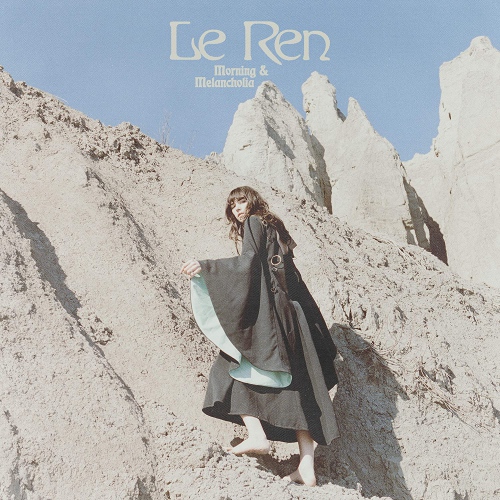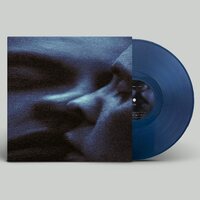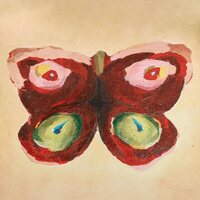Le Ren's close-to-the-bone, heartbreak folk songs seem, at first, to tap into a shared musical memory. A melody swirls forward and you're just sure it's known to the back of your mind; was it in from a movie you saw, some classic mid-60s setpiece? Maybe it's something you heard as a kid, in the backseat of your mom's Cutlass, or the shotgun seat of your own. But before you can zero in through the fog, your heart is torn apart by her voice - rich, direct and mellifluous - steering you through these slowburn tunes about real-life loss. "Discussing songwriting feels the same as when someone asks about your tattoo," says Lauren Spear, 26, the sole voice and songwriter behind Montreal's Le Ren. "You're putting it out there, showing it in public right on your arm. Then, when someone asks you 'Hey, what's that tattoo mean?,' you're shocked to have to explain it, as it is a choice that feels essential for a particular moment." Two years ago, Spear's ex-boyfriend was killed in a car accident. Since then, she has been struggling with the immeasurable weight of being the sole keeper of their shared memories and in response, translated a sliver of that experience into music. Her EP, Morning & Melancholia, is a mediation on mourning, memory and how to live with the ellipses you're forever left with in the wake of loss. The way Le Ren is able to look tragedy directly in it's eyes and never let her voice so much as quiver is owed to a few things. Raised on rural Bowen Island, British Columbia, the isolated lifestyle allows for a certain independent dedication to craft that is evident in her performances. Spear has studied folk and bluegrass going back to her early teens, partaking in workshops and festivals all over North America. You can hear in her acumen the gorgeous folk formalism of Canadian heroes Kate and Anna McGerrigle. But it's not all rigor and acuity that makes Le Ren's music so stunning. She was also raised on The Holy Trinity of songwriters John Prine, Neil Young and Bob Dylan, and their curious, deadpan and cosmic approach to life's most brutal swipes also feed Le Ren's sensibilities. Her lyrical couplets are as simply put as they are devastating. "So here we are at the end of all things // I guess I learned too late // that love can't be the only reason to stay," she sings on the closer "Love Can't Be the Only Reason To Stay". It's gut wrenching, but sure-footed. And you can almost hear the slight smile on one side of her mouth as she sings, the knowing smile of someone who knows real pain, knows there's surely more to come, but who also knows it doesn't erase life's humorous, enduring beauty.
Release date:
August 21, 2020
Label:
Install our app to receive notifications when new upcoming releases are added.
























